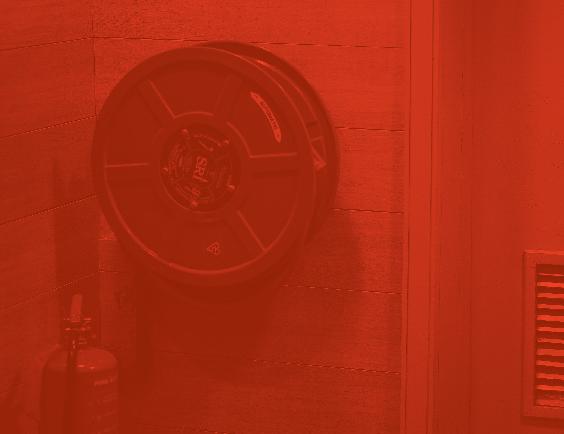
4 minute read
Transport
HOMEWORKING BEYOND COVID –
WILL IT HAVE A BIG PART TO PLAY?
Advertisement
Recent surveys have suggested that many people would like some element of homeworking to become a permanent fixture of their job. Richard Pilgrim, marketing manager at Travel South Yorkshire’s Active and Sustainable Travel Team, talks to Chris Coates about the importance of employer and employee communication when it comes to future working practices
According to a survey by AlphaWise of office workers across Europe, many ‘do not expect to return to their workplace until at least the summer’. Sixty two per cent of those currently working from home, for at least one day a week, think they will be back in the office around June.
The survey, undertaken by AlphaWise, also highlighted that UK office workers have continued to spend more time working from home – an average of 3.1 days per week, compared to Germany (2.5 days) and Spain (1.8 days).
When asked how many days they would like to work from home in the future, respondents from the UK said they wanted an average of around 2.5 days per week. But the feeling amongst those surveyed was that their employer may not match their expectations, with most believing that they were more likely to be allowed to work from home around 1.5 days per week. At the same time, a separate YouGov poll showed that 66 per cent of people listed the ‘ability to work remotely or flexibly’ as their top priority when looking for roles in the future.
Although the 40 per cent of people that that have continued to work from home have realised a number of benefits from increased workplace flexibility, and many employers have supported this transition, it has not been an easy time for many who have needed to juggle work and family commitments. Whilst uncertainty continues around how and where large numbers of people will work in the future, there have been noticeable shifts in attitudes towards remote working.
There have been several recent high-profile stories of organisations that have permanently switched to, or expanded their use of, remote and home-based working. Many of these have involved major household names with offices in multiple territories, but there are examples far
closer to home. Last month, Grand Central Rail made the decision to move their customer relations team permanently from their Sheffield HQ and introduce a permanent working from home operation. Whilst the timing of the move coincided with the end of the lease on their Sheffield office, it also came in response to feedback from employees. Time will tell if moves such as this are indeed permanent.
It’s vital that the conversations between employer and employee happen now, so that expectations can be captured and supported from all sides of the debate. What may work for one employer or employee will not work for another. Flexibility in future working practices will also bring with it a more flexible nature to commuting, particularly where people are working in a more ‘hybrid’ way. And whilst employees may be able to reconsider their own commuting habits more fully, employers will also pay greater interest to how their people choose to travel to and from their place of work.

To find out how Travel South Yorkshire’s Active and Sustainable Travel team can help your workplace to help keep these conversations going and explore options for the future commute, contact sustainabletravel@sypte.co.uk or visit travelsouthyorkshire. com/workplace.
Albion Detection Systems
With decades of experience, we have developed a well respected reputation for supplying fire and security systems to a wide and varied client base, including the NHS, Sheffield Hallam University and the DFEE.

Your complete security is our priority and we will endeavour to ensure your property, people and assets are meticulously protected at all times by tailoring your security system to meet your exact needs.
Whether you have multiple large premises or a single shop, we can install detection systems to cover almost any space to ensure your complete security.


Fire Protection Security Systems Assisted Living Emergency Lighting


To completely secure your property against the risk of fire, your premises requires methods of fire detection, protection and suppression. There are many forms of security system that can help ensure your premises is protected against intruders or unwanted visitors.
With an aging population, assisted living is becoming a more popular option of care for those that need extra support and in later life, both personal and medical.
Should a fire break out in an occupied building the main lighting supply is often the first thing to fail, which means that those inside need help to guide them to the nearest exit.
CONTACT US TODAY FOR A FREE QUOTATION OR SITE VISIT











